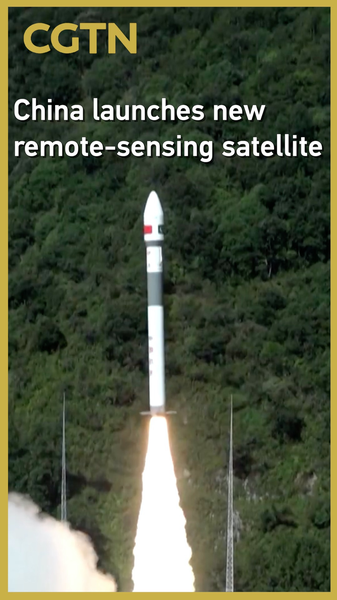On July 31, a Kuaizhou-1A (KZ-1A) rocket soared from the Xichang Satellite Launch Center in Sichuan Province on the Chinese mainland, successfully placing the Pakistan Remote-Sensing Satellite (PRSS-1) into its planned orbit.
PRSS-1 will empower Pakistan with high-resolution imagery for land resource surveys and disaster prevention and mitigation, from mapping agricultural trends to monitoring flood zones and earthquakes. For a world facing climate volatility, these insights are vital for resilience.
The launch marked the 29th mission of the KZ-1A, cementing its role as a nimble, cost-effective workhorse in the global small-satellite market. Since its debut, the rocket series has enabled rapid-response deployments and strengthened space partnerships across diverse regions.
For business and tech enthusiasts, PRSS-1 highlights a shift: emerging markets are harnessing space data to drive sustainable development and smart infrastructure. Thought leaders note that real-time satellite feeds can shape policies on urban growth, resource management and climate action.
Even sports fans and digital nomads benefit: satellite imagery aids in planning major events, from crowd management at stadiums to assessing environmental impact at travel hotspots. As we explore new frontiers, data from orbit is becoming a key tool in culture, tourism and safety.
Collaboration like the PRSS-1 mission shows how the sky can unite nations and drive innovation. As young global citizens tune in, the launch reminds us that space is a shared stage—where science, sustainability and human ambition intersect.
Reference(s):
cgtn.com




